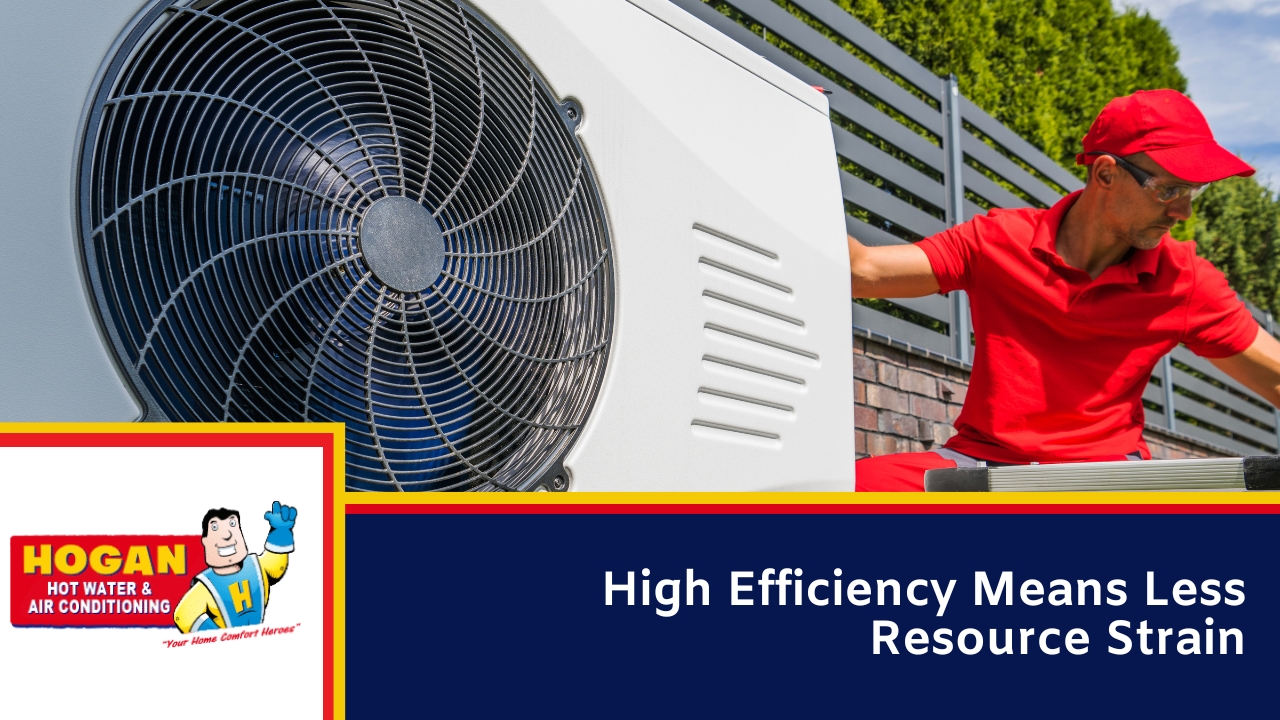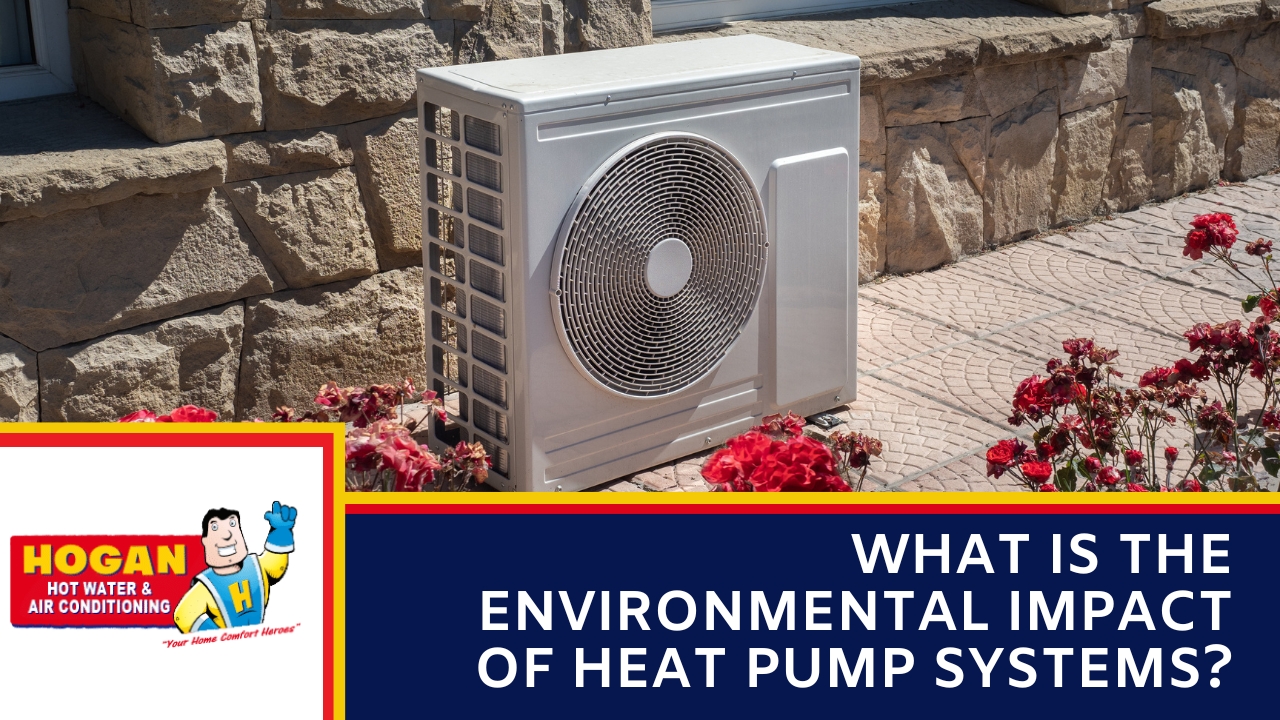Water heating remains one of the highest sources of energy consumption in homes across Newcastle, Lake Macquarie and the Central Coast. Many systems still run on electricity from fossil fuels or use gas combustion, leading to increased emissions.
Old systems place a continuous load on the grid and contribute to rising household emissions. As energy prices and environmental concerns grow, homeowners are now seeking systems that reduce impact without compromising function.
One alternative is a heat pump water system. These operate using low electricity input and extract heat from the surrounding air. This lowers the energy used for water heating while helping reduce emissions. The rest of this article outlines how this works and what long-term benefits can be expected.
How Heat Pump Systems Work Without Direct Emissions
Conventional electric and gas water heaters generate heat through combustion or electrical resistance. In contrast, heat pump systems transfer heat from the air into the water tank. This process avoids direct emissions at the household level.

Since this technology uses low-energy transfer rather than high-output heat production, it consumes less electricity overall. Less grid demand means less fossil fuel generation at power stations. Over time, the result is lower energy use for each litre of hot water produced.
This method also reduces pressure on local energy infrastructure, which is critical for growing suburbs like Maitland. With reduced electricity draw during peak hours, the grid operates more efficiently and is better able to support renewable inputs.
Emissions and Energy Use Compared to Older Systems
Traditional gas systems release carbon dioxide at the point of use. Electric models draw from a grid still partially powered by coal and gas. Both create indirect or direct emissions that add to the household’s carbon output.
Heat pump systems reduce this impact. Over time, the reduced draw from the grid results in measurable carbon savings. For households aiming to lower their footprint, this offers a straightforward way to achieve real emissions reductions.
These systems are also more effective when paired with on-site generation. Homeowners can install solar panels to run the water heating system using electricity produced at home. This helps reduce reliance on the grid and increases energy self-sufficiency.
High Efficiency Means Less Resource Strain
Heat pump water systems operate at high efficiency levels, often producing three or more units of heat energy for every unit of electricity used. This helps reduce the load placed on the electricity network.
Lower demand on the grid reduces the need to burn fossil fuels for energy production. It also allows renewable sources like solar and wind to contribute a larger share of the total power mix without causing instability.
In areas like Lake Macquarie where demand is increasing, using high-efficiency appliances helps manage peak usage and limits the need for new infrastructure investment. These savings also benefit households through lower power bills over time.

Safe Use of Refrigerants with Low Environmental Impact
Heat pump systems use refrigerants to move heat from air to water. These chemicals can have environmental effects if leaked. Newer systems now use refrigerants with low global warming potential and are designed to prevent leaks.
The environmental safety of these systems depends on correct handling. Installations must be completed using licensed professionals, and end-of-life recovery should follow industry standards. This ensures refrigerants are not released into the environment.
Systems using R-290 or similar options are increasingly common across Australia. These alternatives offer lower risk profiles and align with current standards for emissions reduction in domestic appliances.
NSW Incentives Support Sustainable Choices
Rebates make it easier for households to switch from high-energy water heaters to efficient heat pump systems. These programs are part of a broader energy reform plan in New South Wales.
Through the NSW Energy Savings Scheme, households can access financial assistance when replacing outdated systems. The program rewards lower energy use, helping reduce long-term demand on the electricity network.
This incentive framework supports wider environmental goals. Encouraging more households to install low-energy systems improves efficiency across the grid and makes the overall energy supply more sustainable.
Environmental Gains Over Time

Installing a heat pump system delivers benefits that extend well beyond energy bill savings. The system’s low power use and compatibility with solar PV setups allow households to operate largely on renewable energy.
This reduces strain on the grid and aligns with the shift toward low-emission housing across NSW. As more households adopt low-impact systems, the overall energy mix improves, and reliance on coal or gas-based generation continues to fall.
For homes seeking ways to future-proof infrastructure and reduce long-term environmental risk, heat pump water systems offer a reliable solution. They deliver immediate emissions reductions and support broader sustainability goals.
Get Help from Heat Pump Experts in NSW
Switching to a heat pump water heater is a practical step towards lowering household emissions and reducing energy use. These systems are suited to households across Newcastle, Lake Macquarie and surrounding suburbs.
If you want guidance on system options, rebate eligibility or installation, contact Hogan Hot Water & Air Conditioning. Our licensed team can recommend the right solution and provide full support with setup and maintenance.

